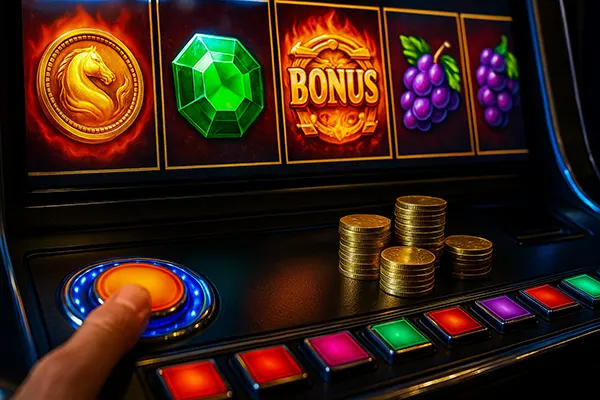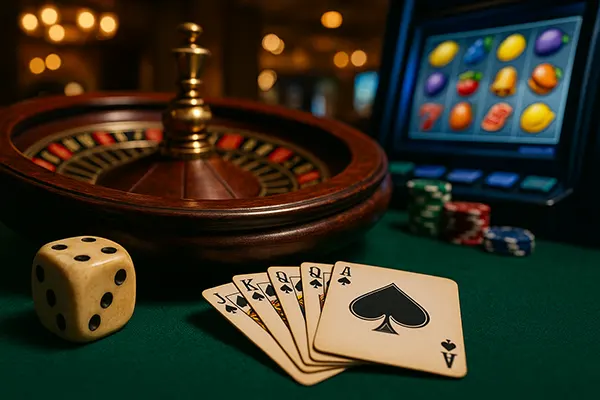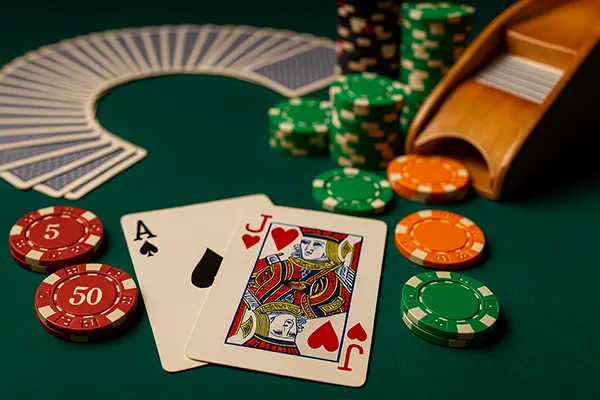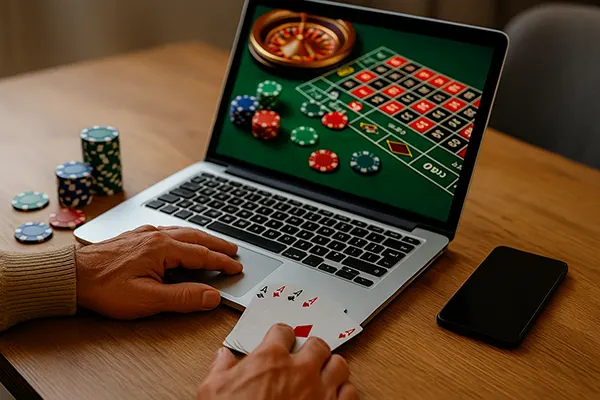
The Psychology of Poker: How to Stay Emotionally Balanced During Key Hands
Poker is as much a game of the mind as it is a game of strategy. Success at the table doesn’t rely solely on mathematical calculations or understanding opponents’ behaviours — it also heavily depends on managing your emotions. In high-pressure situations, emotional control can be the difference between a winning session and a costly mistake.
The Impact of Emotions on Poker Decision-Making
In moments of tension, such as all-in situations or facing an aggressive opponent, even experienced players can let their emotions take over. Fear, frustration, and overconfidence can cloud judgement and lead to suboptimal decisions. A player might chase a lost pot, bluff unnecessarily, or fold a strong hand — all under the influence of emotional swings.
Scientific research in behavioural psychology confirms that stress impairs decision-making. In poker, this means players are more likely to rely on intuition rather than logic during heated moments. Understanding this dynamic is key to minimising errors caused by emotional bias.
Recognising when emotions begin to creep in is the first step to regaining control. Physical signs such as faster heart rate, clenched fists, or even changes in breathing rhythm often accompany these emotional states and can serve as early warnings for players.
Common Emotional Traps in Poker
One of the most dangerous pitfalls in poker is “tilt” — a state where frustration or anger overrides rational thinking. Tilt often follows a bad beat or a long session of losses and leads to reckless play. It can spiral quickly, turning small mistakes into major losses.
Another trap is overconfidence, especially after a winning streak. Players may start feeling invincible, pushing with marginal hands and ignoring basic strategies. This emotional high can be just as dangerous as tilt, as it creates a false sense of control.
Then there’s the fear of losing, which can cause players to become overly cautious. Folding strong hands out of fear or avoiding profitable spots due to anxiety limits long-term growth. Managing this fear requires practice, reflection, and a strong grasp of probability.
Strategies to Maintain Emotional Control at the Table
Preparation before a game is crucial. Players who enter the session with a clear mindset, adequate rest, and no distractions are better equipped to handle pressure. Regular mental conditioning, such as meditation or breathing exercises, has been proven to improve focus and emotional resilience.
During gameplay, it helps to set strict time and loss limits. This prevents decision-making under fatigue or emotional stress and keeps the session disciplined. Recognising triggers and stepping away from the table when emotions rise is a sign of maturity, not weakness.
Self-reflection after the session is equally important. Reviewing key hands with a coach or through hand analysis software can reveal if emotions played a role in suboptimal decisions. This habit reinforces objectivity and builds emotional discipline over time.
Tools and Techniques for Emotional Regulation
Many professional players integrate mindfulness into their routines. Apps like Headspace or Calm offer guided meditations tailored for stress management, helping players develop awareness of their emotional state before it escalates.
Journaling after each session — noting feelings, decisions, and outcomes — is another effective tool. Over time, this provides valuable insights into recurring emotional patterns and helps players spot triggers earlier in future games.
Coaching or therapy, particularly from professionals who specialise in performance psychology, can also offer tailored strategies. These experts assist players in developing mental frameworks to handle variance, competition, and pressure more effectively.
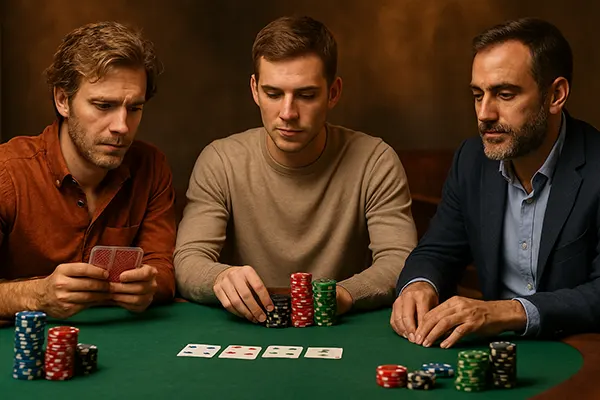
Building a Long-Term Mental Game Strategy
Mastering poker psychology is not a one-time effort. It’s an ongoing journey of self-awareness, adaptation, and improvement. The more players focus on the mental aspect of poker, the more consistent and composed their gameplay becomes over time.
Creating a personal performance routine can make a huge difference. This might include pre-session rituals, emotional check-ins during breaks, and post-game analysis. Such routines build habits that keep players grounded during both wins and losses.
Equally important is maintaining a healthy lifestyle outside poker. Proper sleep, regular physical activity, and a balanced diet all contribute to improved cognitive function and emotional regulation. A strong mind lives in a strong body, and that truth applies doubly to poker.
The Role of Community and Support
Surrounding oneself with a supportive poker community can alleviate the emotional burden. Discussing hands, venting frustrations, or celebrating wins with others who understand the game helps normalise emotional highs and lows.
Online forums, study groups, or even private Discord channels offer spaces where players can reflect honestly. These platforms also serve as a source of encouragement and motivation during downswings, helping players stay balanced and persistent.
Lastly, never underestimate the power of taking breaks. Burnout affects both physical stamina and emotional control. Walking away from the game for a day or two can restore perspective and renew focus — both essential for long-term success.


